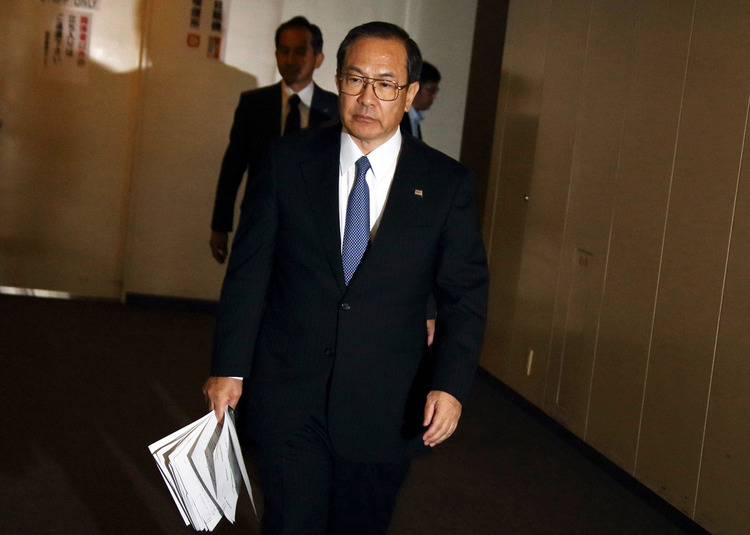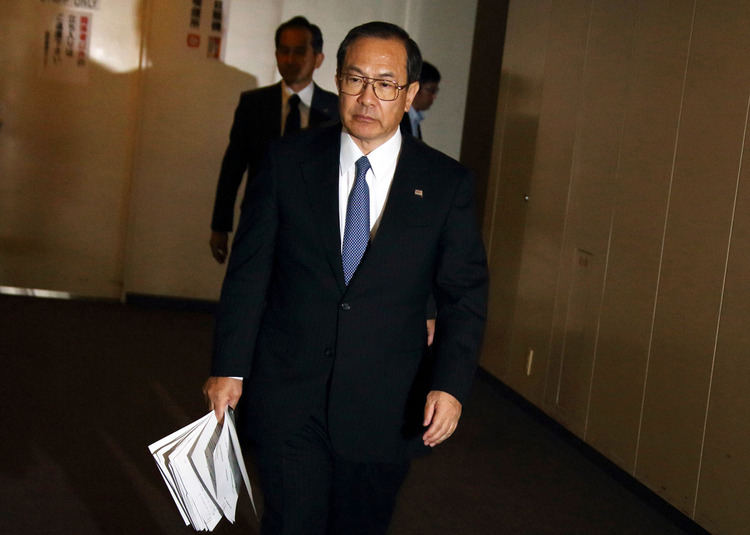Toshiba’s network of global major appliances factories are to be reorganised as part of wide-reaching structural reforms to bring weak divisions back on track. This will be no small job, as around 90% of Toshiba’s large appliances are made in China, Indonesia and Thailand.
The soft yen has meant that importing refrigerators, washing machines and other items to sell in Japan has become far less profitable.
Toshiba chairman and president Masashi Muromachi explained, “Our overseas production centers for whitegoods need to be consolidated.”
Muromachi went even further, stating that poor performance also had roots in “problems with the competitiveness of our products. We have fallen behind other companies in bringing new offerings to market.”
Furthermore, “an unbiased decision” will be made about what to do with the domestic whitegoods, television and personal computer businesses, with Muromachi adding that the company could pull out of certain fields altogether. He went further than his earlier vague promises of structural reform with no areas off-limits.
Toshiba once was a dominant player in the PC market, having launched the world’s first mass-market laptop computer. But its market share has declined in recent years amid competition from lower-cost Chinese and Taiwanese manufacturers.
According to Japanese media reports, a new management team will take charge following an extraordinary shareholders’ meeting September 30. Structural reform is long overdue, held back for several years by inflated impressions of company performance propped up by fraudulent accounting. Outside directors are set to lead an overhaul of operations. Some specific reforms could be unveiled at the end of October or in early November, when earnings are announced for the April-September half, Muromachi said.
He also said that he will hand control of the company over to his successor once Toshiba overcomes its current crisis. “I will plant the seeds of growth, but it’s up to those who come after me to make them grow and bloom.”


